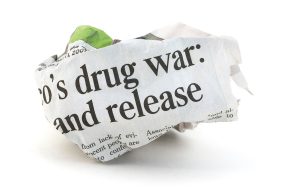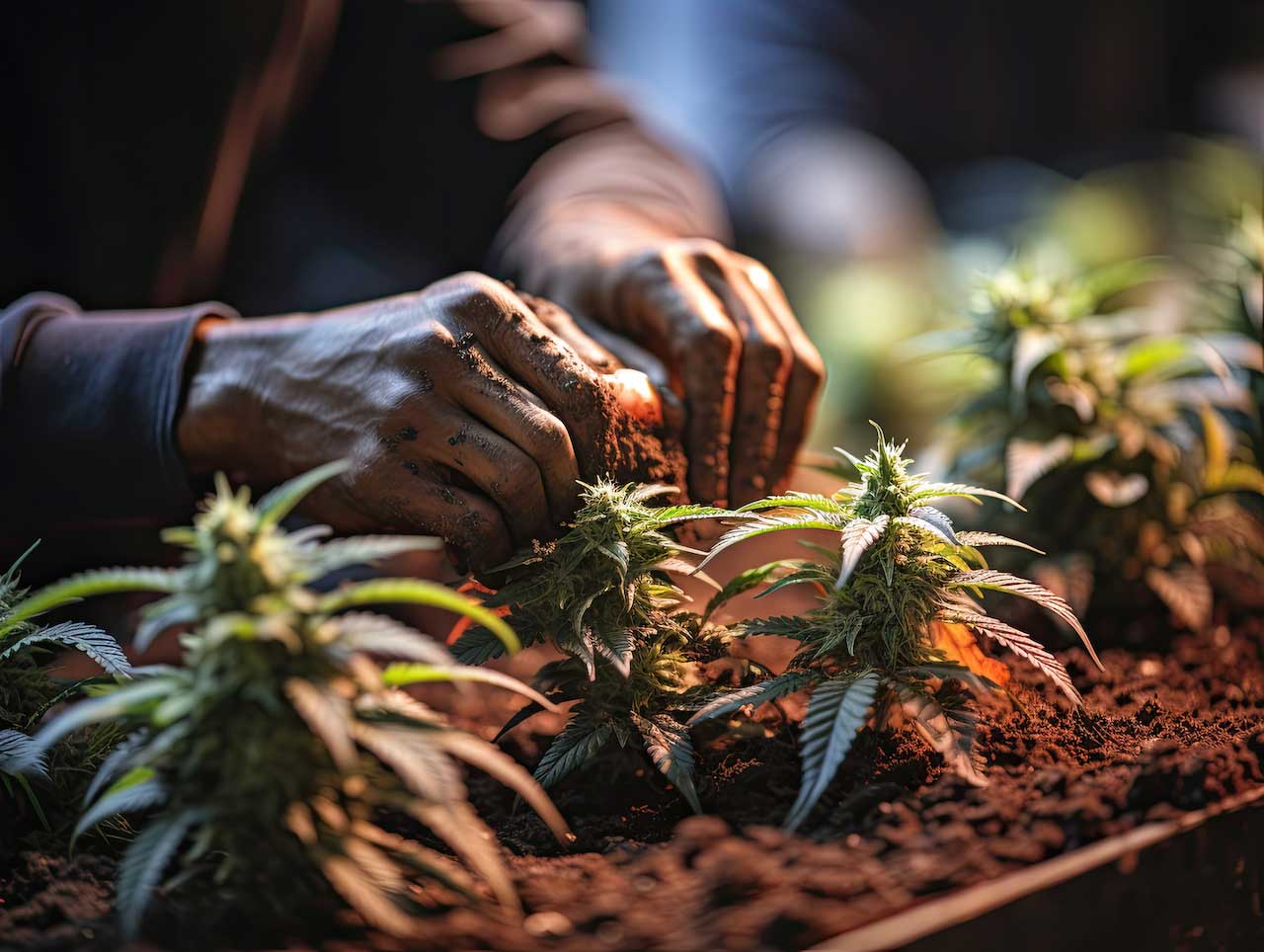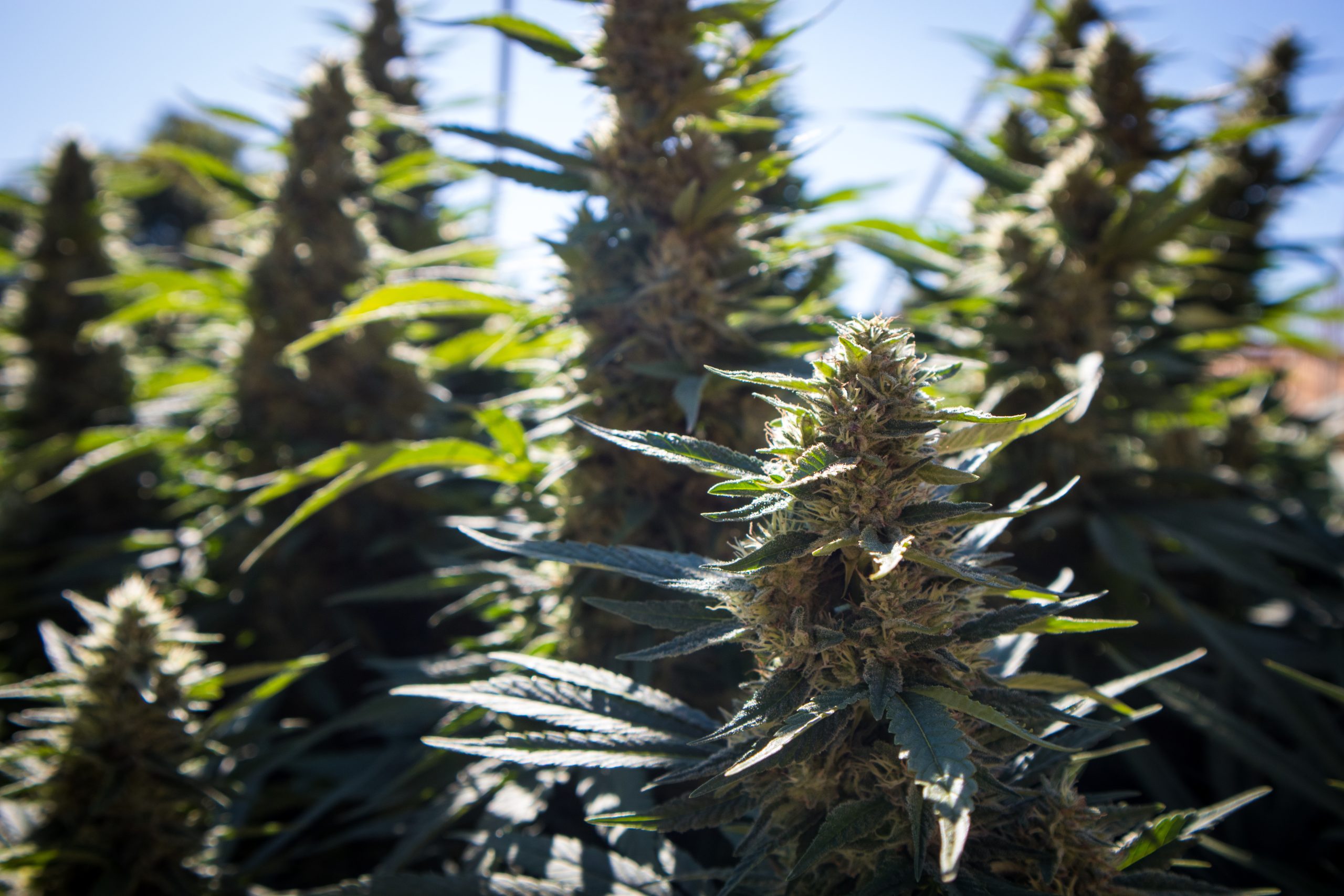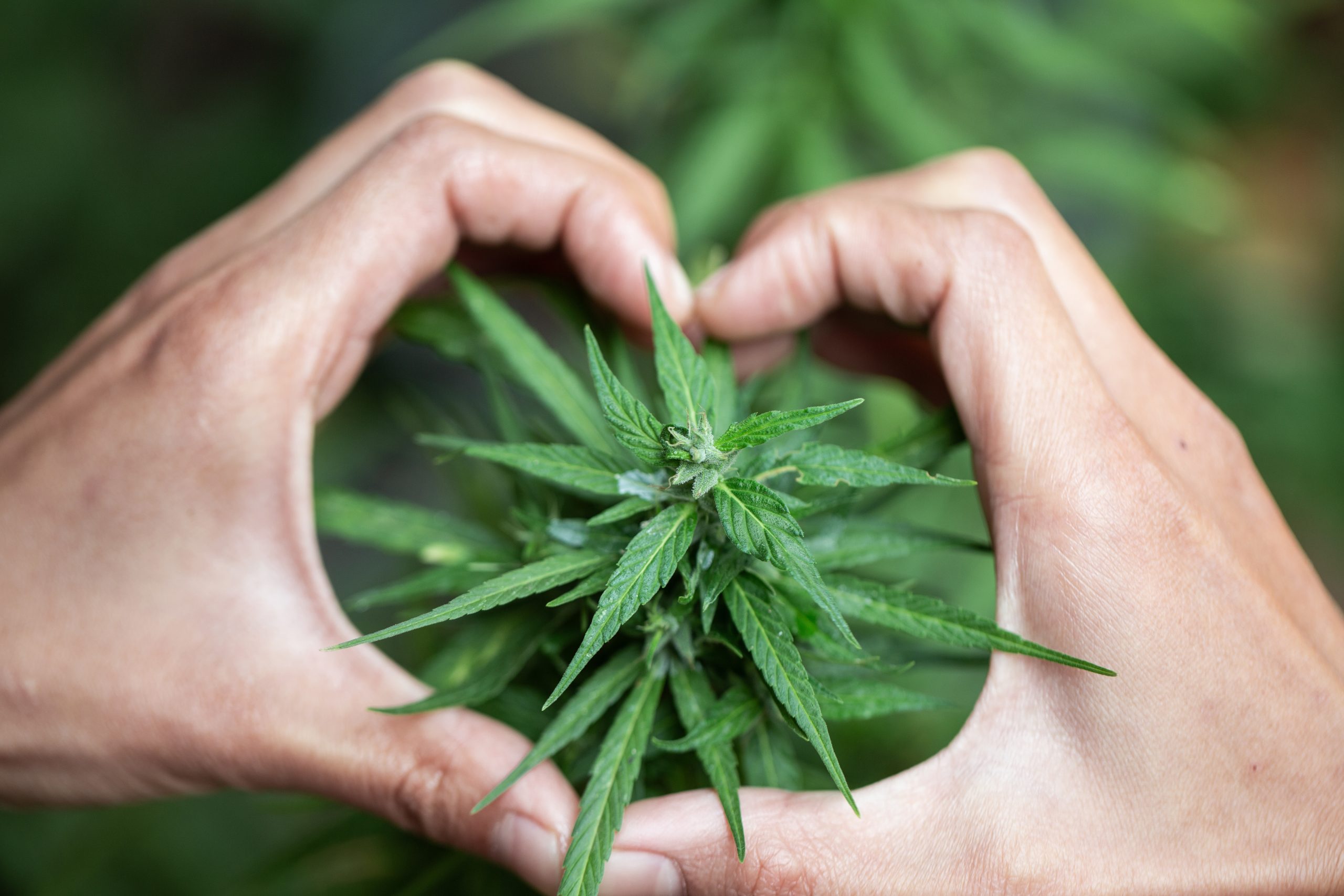Cannabis, with its rich history and complex chemistry, often finds itself shrouded in misconceptions. Our purpose at Shore House Canna is to shed light on the truth and help you navigate the world of cannabis with clarity. You might wonder, why bother with debunking these myths? Well, friends, there’s a good reason.
Understanding the real facts about cannabis is essential for responsible use and dispelling the stigma that has clung to it for far too long. In this blog, we’ll debunk some of the most popular cannabis myths to provide a more comprehensive understanding of cannabis so you can be better equipped to make informed cannabis choices.
Cannabis Myth #1: “Cannabis is a gateway drug.”
You’ve probably heard it before: the notion that using cannabis will inevitably lead you down a treacherous path to harder, more dangerous substances. But is there any truth to this claim? While it’s true that some people who use harder drugs may have experimented with cannabis earlier in life, it’s crucial to note that correlation does not imply causation.
In fact, in recent years cannabis has been referred to as the “Exit Drug” as it helps many in their path to recovery from opioid addiction. That said, the vast majority of people who enjoy cannabis do so responsibly and do not feel compelled to seek out other substances. The gateway theory simply lacks robust scientific support. This phrase was one of the primary weapons in the War on Drugs to demonize cannabis and allow for the mass incarceration of BIPOC communities.
Like many things in life, our choices play a significant role in our experiences. While cannabis itself may not be a gateway drug, how individuals use it and their decisions can influence their path.
Responsible use is key. Just as someone who enjoys a glass of wine doesn’t necessarily become an alcoholic, moderate cannabis use does not automatically lead to more dangerous habits. It’s crucial to approach cannabis, like any substance, with mindfulness and caution, especially if you’re in a situation where other substances are accessible.
Cannabis Myth #2: “Cannabis is highly addictive.”
This myth suggests that cannabis use carries the same risk of addiction as hardcore substances like opioids or methamphetamine. It often fuels the misconception that anyone who tries cannabis will inevitably become addicted. But, as with any complex issue, the truth is more nuanced than it seems.
While cannabis can lead to dependency in some users, its addictive potential is considerably lower when compared to substances like nicotine, alcohol, opioids, or stimulants. Research indicates that only a minority of cannabis users—around 9%—develop a dependence.
As with the previous myth, responsible use determines the impact of cannabis on your daily life. Just because cannabis may not be as addictive as some other substances doesn’t mean it’s entirely risk-free. Responsible use is essential, especially if you want to avoid any potential pitfalls. Understanding your limits, setting boundaries, and seeking support if needed are all part of using cannabis responsibly.
Cannabis Myth #3: “Legalizing cannabis increases crime.”
This myth implies that legalizing cannabis somehow encourages criminal behavior or provides a breeding ground for illegal activities. It suggests that communities and neighborhoods will become less safe with cannabis legalization. However, like many myths, examining the facts is important before jumping to conclusions.
 Multiple studies have shown that in many places where cannabis has been legalized, there has been no significant increase in overall crime rates. In some cases, crime rates have even decreased or remained stable. This suggests that legalizing cannabis doesn’t inherently lead to an uptick in criminal activity.
Multiple studies have shown that in many places where cannabis has been legalized, there has been no significant increase in overall crime rates. In some cases, crime rates have even decreased or remained stable. This suggests that legalizing cannabis doesn’t inherently lead to an uptick in criminal activity.
To fully understand the relationship between cannabis legalization and crime, we must consider various factors at play. For instance, legalization can reduce arrests and reduce law enforcement resources being redirected toward more serious crimes, potentially contributing to lower overall crime rates.
Additionally, the legal cannabis market can disrupt illegal drug markets, reducing opportunities for criminal organizations. Strict regulations and oversight in legal cannabis industries also help ensure that products are safe and consumers are protected.
However, it’s important to note that there can be localized variations in crime patterns and types of offenses, so the impact of legalization may differ from one area to another. Moreover, correlations between crime rates and cannabis legalization do not necessarily imply causation. Multiple factors, such as economic conditions and social policies, can influence crime rates independently.
Shore House Canna – Helping to Dispel Misconceptions, Promote Accurate Cannabis Information, & Remove the Stigma!
As we wrap up our exploration of common myths surrounding cannabis, we must emphasize the significance of dispelling misconceptions and promoting accurate information. The myths debunked today are just the tip of the iceberg regarding the complex world of cannabis.
Overall, debunking cannabis myths is a small step towards creating a more informed, responsible, and open dialogue about this intriguing plant. Let’s continue to explore, learn, and share accurate information, allowing individuals to make choices that align with their needs and values in the ever-evolving world of cannabis.
*Always consult a physician before making any changes to your health or fitness regimen.*







